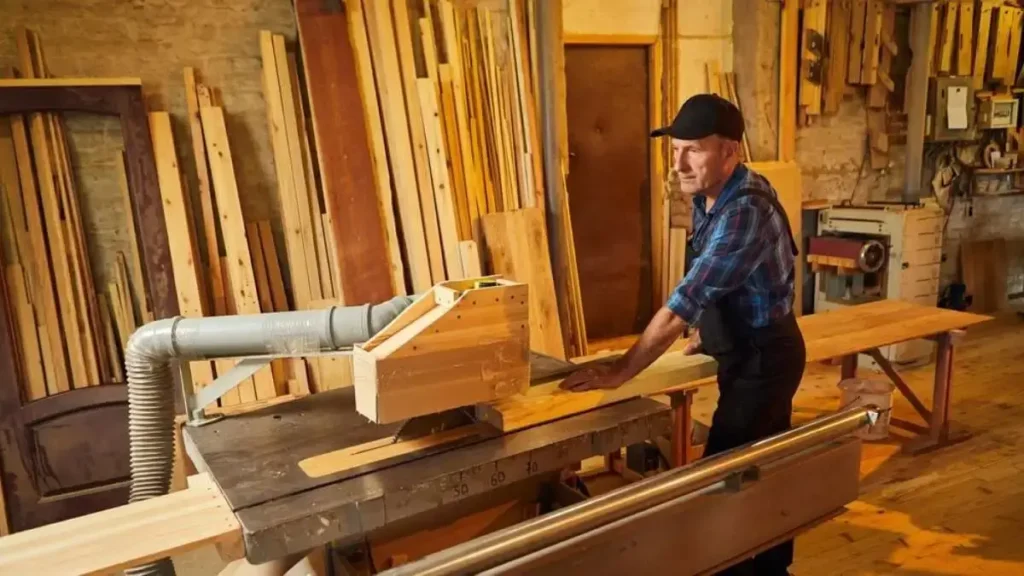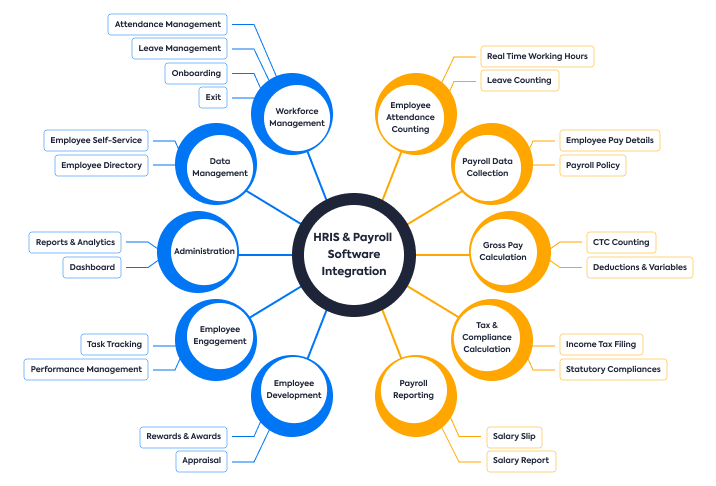In the realm of innovative materials, Plangud has emerged as a game-changer. Its durability and versatility have made it a favorite among DIY enthusiasts, industrial designers, and craftsmen alike. Whether you’re building a small craft or constructing large-scale industrial structures, Plangud offers unmatched potential for creativity and strength.
What is Plangud?
Plangud is a synthetic composite material designed to be lightweight yet incredibly durable. Its unique composition combines strength with flexibility, allowing it to be used in a wide array of applications. Engineered to resist wear and tear, it’s an ideal choice for projects demanding resilience and longevity.
Its properties include:
- High tensile strength
- Excellent resistance to weathering
- Versatility for cutting, shaping, and molding
- Eco-friendly recyclability
Why Plangud is the Ultimate Material Choice
Plangud stands out because of its adaptability. Its resilience ensures that it remains intact under stress, while its easy-to-work-with nature makes it accessible for both amateurs and professionals. Some of the key reasons for its popularity include:
- Cost-Effective: Plangud is affordable compared to other materials with similar durability.
- Lightweight Nature: It’s easy to transport and install.
- Eco-Friendly Manufacturing: With sustainability at its core, it’s made with minimal environmental impact.
- Wide Temperature Tolerance: Performs well in both extreme heat and freezing conditions.
Applications of Plangud
Home Improvement Projects
Plangud has proven to be an asset in home renovation tasks. From durable countertops to decorative wall panels, it adds a modern touch to any space. Its resistance to moisture makes it perfect for kitchen and bathroom use.
DIY Crafts
For hobbyists, Plangud is a dream come true. It’s easy to carve, paint, or glue, making it a go-to material for creative projects. Whether you’re designing ornaments or furniture, its flexibility allows endless possibilities.
Industrial Use
Industries often choose Plangud for manufacturing machinery components, storage containers, and even structural reinforcements. Its ability to withstand mechanical stress ensures that it performs well in demanding environments.
Automotive and Aerospace
Plangud’s lightweight nature makes it an excellent material for reducing weight in vehicles, improving fuel efficiency without compromising on safety. It is also used in aircraft for its balance of weight and strength.
Advantages of Using Plangud in Construction
Plangud has transformed construction by providing an alternative to traditional materials like wood and steel. Its benefits include:
- Durability: It doesn’t crack, rust, or degrade over time.
- Adaptability: Can be molded into intricate shapes without losing strength.
- Low Maintenance: Requires minimal upkeep compared to conventional materials.
How to Work with Plangud
Cutting and Shaping
Plangud can be easily cut with basic tools, such as saws or laser cutters. Its uniform texture ensures smooth cuts and precise dimensions.
Joining and Fastening
The material bonds well with adhesives, screws, and rivets, making assembly simple and effective.
Finishing Touches
Plangud is compatible with a variety of finishes, from paints to laminates, allowing you to achieve the desired aesthetic for your project.
Maintaining Plangud Over Time
To ensure your Plangud projects stay in excellent condition:
- Clean Regularly: Use a mild soap and water solution to remove dirt and grime.
- Inspect for Damage: Periodically check for signs of wear, especially in high-stress applications.
- Protect from UV Exposure: Although Plangud is resistant to UV damage, prolonged exposure can slightly degrade its appearance.
Why Choose Plangud Over Traditional Materials?
Comparison to Wood
- Plangud: Waterproof, insect-proof, and non-degradable.
- Wood: Susceptible to rot, pests, and weathering.
Comparison to Metal
- Plangud: Lightweight and corrosion-resistant.
- Metal: Heavier and prone to rust without protective coatings.
Environmental Impact of Plangud
Plangud has been developed with sustainability in mind. It is fully recyclable, reducing waste and promoting a circular economy. Manufacturers are continually improving production methods to lower carbon footprints, making it an environmentally conscious choice for modern projects.
Plangud in Art and Design
Artists and designers appreciate Plangud for its flexibility and aesthetic potential. It’s often used in installations, sculptures, and modern decor, allowing creators to push the boundaries of traditional art forms.
FAQs
How strong is Plangud compared to steel?
Plangud is not as strong as steel but offers excellent strength-to-weight ratio, making it ideal for lightweight applications.
Can Plangud be recycled?
Yes, Plangud is recyclable, ensuring minimal environmental impact.
What tools are needed to work with Plangud?
Basic tools like saws, drills, and adhesives are sufficient for most projects involving Plangud.
Is Plangud waterproof?
Yes, Plangud is highly resistant to water, making it perfect for outdoor and damp environments.
How does Plangud perform in extreme temperatures?
Plangud remains stable in both high and low temperatures, maintaining its structural integrity.
Where can I buy Plangud?
Plangud is available through hardware stores, specialized suppliers, and online retailers.
Conclusion
Plangud’s exceptional properties make it an indispensable material for various projects. Its combination of durability, versatility, and eco-friendliness ensures its growing popularity across industries. Whether you’re crafting a DIY masterpiece or tackling a major construction project, Plangud proves to be a reliable, innovative solution.











